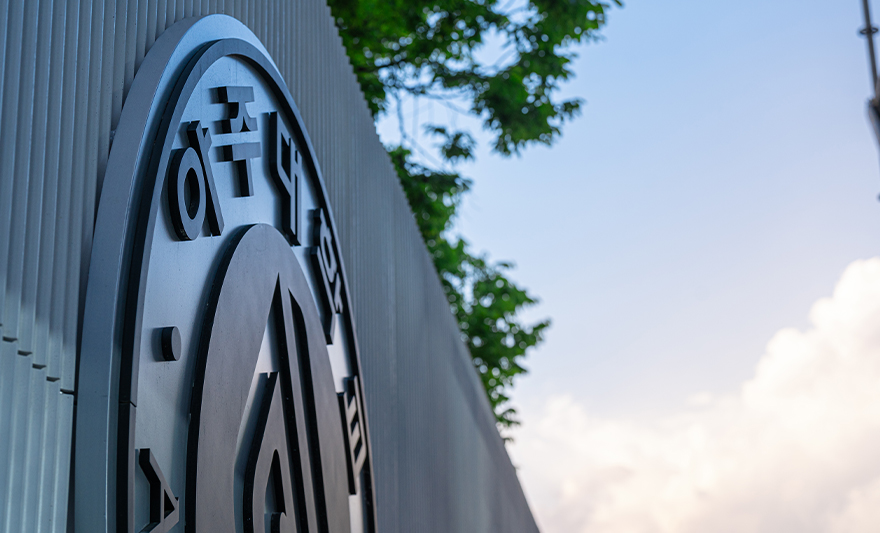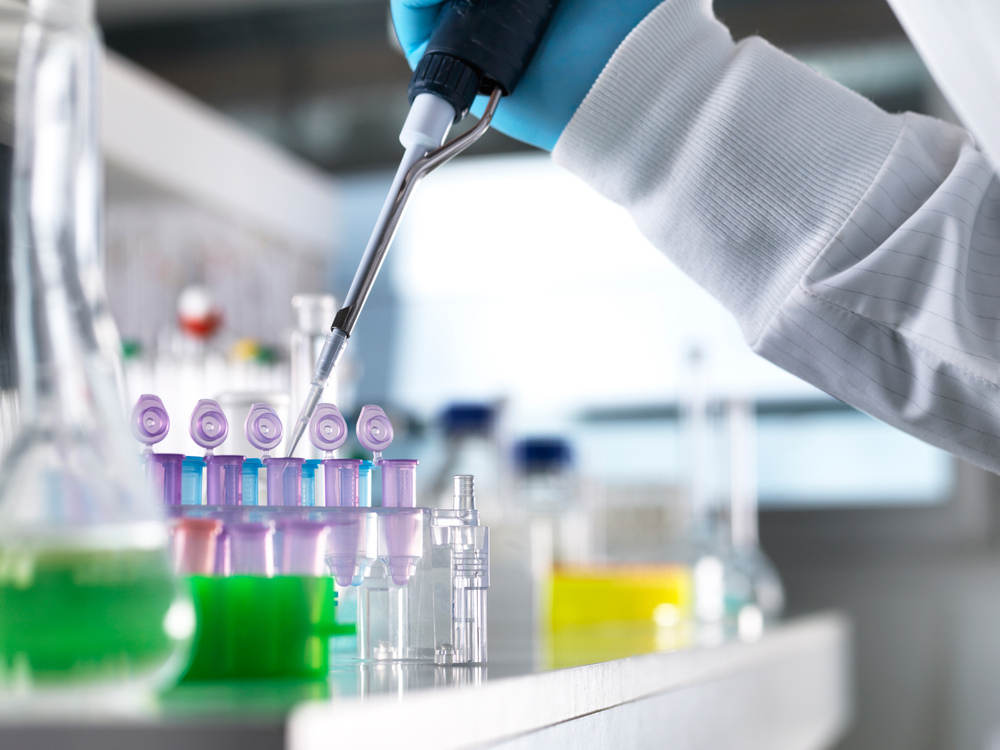수학과 커뮤니티
아주대학교 수학과의 새로운 소식입니다.- 공지사항
더보기
-
2025.1216
수학과 진단시스템 운영 보조 연구원 모집(26년 1월 - 26년 2월)
수학과 진단시스템 운영 보조 연구조원을 아래와 같이 모집합니다. - 모집인원: 1명 - 급여: 월 30만원 - 업무: 수학과 진단시스템 운영 보조 - 업무 기간: 2026년 1월 -2026년 2월 - 지원방법: 아래 구글 폼 작성하여 제출 - 지원자격: 수학 및 컴퓨터에 친근하며 무엇이든 배우고자 하는 적극적인 자세를 갖춘 성실한 아주대 학부생 - 지원서 제출기한: 12월 29일 자정까지 * 수학과 학생의 경우, 가산점 부여 * 3월 이후에도 협의 후 계속 참여 가능 지원서 링크 https://forms.gle/ySygg9MDsxASoTTo7 문의: 정재원 교수님<jaewon95@ajou.ac.kr>
-
2025.1212
432호 학부생 연구실 2025-동계 사용 신청 안내
432호 학부생 연구실 2025-2학기 사용자 짐 정리 및 2025-동계방학 사용 신청 안내입니다. 현재 432호 학부생 연구실을 사용하는 학생들은 2026년 1월 2일(금)까지 연구실 자리의 개인 짐을 정리해야 합니다. - 2026년 1월 2일 이후 개인 물품은 임의 폐기된다는 점 각별히 유의하여 주시기 바랍니다. - 청결 상태에 따라 향후 연구실 사용이 불가 하거나 연구실에 배정에 불이익이 있을 수 있습니다. [2025-동계방학 연구실 사용 안내] -연구실 사용 기간: 2026년 1월 7일(수)부터 2월 27일(금)까지 -신청서 제출 기한: 2026년 1월 4일(일)까지 (스캔하여 pdf 형식으로 수학과 조교 메일로 제출, jiyeon@ajou.ac.kr) -선정 결과 안내: 2026년 1월 6일(화) 중 안내(이메일로 선정 결과 통보합니다.) *메일 제목은 반드시"학부생 연구실 사용 신청_학번_이름" 으로 신청 바랍니다. 그렇지 않으면 신청서가 누락될 수 있으니 유의하세요. *신청서에 지도교수(aims상의 지도교수)서명이 반드시 되어 있어야 하며, 서약서를 꼼꼼히 읽고 서약서와 신청서를 함께 제출하는 경우에만 배정합니다. 수학과 학부생은 누구나 신청 가능하며, 아래와 같은 경우 우선 선발됩니다. ▶학과 교수님과 연구 프로젝트 혹은 세미나를 진행하는 학생 ▶캡스톤 디자인 과목 수강 학생 ▶대학원 진학 희망 학생 [문의] jiyeon@ajou.ac.kr (수학과 조교 이지연), 학과 사무실: 031-219-2569
-
2025.1201
수학창의연구(캡스톤디자인) 2차 특강 안내(12/9(화))
12월 9일(화)에 열리는 수학과 수학창의연구(캡스톤 디자인) 2차 특강을 아래와 같이 안내 드립니다. 많은 관심과 참여를 부탁드립니다. -------------------------------------------------------------------------------------------------------------------- 1. 연사 : 양희준 박사(국가수리과학연구소) 2. 일시 : 2025년 12월 09일(화) 17:00~19:00 3. 장소 : 팔달관 311호 4. 특강 제목 : PDE 근사와 Physics-Informed Neural Networks 개요 5. 강연 초록 편미분방정식(PDE)은 물리, 공학, 금융, 생명과학 등 다양한 분야의 수학적 모델링에 핵심적인 역할을 하지만, 해석적으로 해를 구할 수 있는 경우는 매우 제한적입니다. 전통적으로는 유한차분법(FDM), 유한요소법(FEM)과 같은 수치해석 기법을 통해 PDE를 유한 차원의 함수 근사 문제로 바꾸어 해를 구해 왔습니다. 이 특강에서는 이러한 전통적인 접근을 간단한 예제로 되짚어 보면서, 인공신경망을 하나의 함수 근사기로 해석하고, 회귀(regression) 문제에서의 손실 최소화와 PDE 수치해석을 공통된 최적화 관점에서 비교합니다. 이를 바탕으로, 최근 주목받고 있는 과학기계학습(Scientific Machine Learning)의 한 예인 PINN(Physics-Informed Neural Networks)을 소개하고, 여러 종류의 미분방정식(PDE 및 ODE) 문제에 PINN을 어떻게 적용하여 해와 관련된 함수를 근사할 수 있는지 직관적으로 살펴볼 예정입니다. --------------------------------------------------------------------------------------------------------------------
-
2025.1216
- 수학과 소식
더보기
-
2025.1216
[수상] 수학과 소준호, 박재형, 정도웅 학생 '제21회 캡스톤디자인 경진대회' 대상 수상
안녕하세요. 수학과 입니다. 수학과의 소준호, 박재형, 정도웅학생이 2025년 제21회 캡스톤디자인 경진대회에서 대상을 수상하였음을 알려 드립니다. [수상 내역] 대회명: 2025 제21회 캡스톤디자인 경진대회 수상 내역: 대상 작품명: Understanding Subspace Dynamics of SGD through Projected SNR 지도교수: 신동욱 교수님 수상자: 수학과 소준호, 박재형, 정도웅 우수한 성과를 거둔 학생분들 진심으로 축하드립니다. 감사합니다.
-
2025.1212
[수상] 수학과 옥승호, 한세록 학생 '제43회 대학생 수학 경시대회' 은상 수상
안녕하세요. 수학과 입니다. 수학과의 4학년 옥승호 학생과, 2학년 한세록 학생이 대한수학회에서 주관하는 제43회 대학생 수학 경시대회에서 은상을 수상하여 알려 드립니다. Ajou 광장-학생 활동·수상 소식 게재 페이지 바로가기 대학생 수학 경시대회에서 우수한 성적을 거둔 두 학생에게 아낌없는 축하와 격려를 부탁드립니다. 감사합니다.
-
2025.1017
수학과 박석범 학생 제48회 보험계리사 시험 최종 합격
아주대학교 수학과 박석범 학생이 제48회 보험계리사 시험에 최종 합격하였습니다. 이번 2차 시험을 통해 보험계리사 120명, 손해사정사 506명(재물 50명, 차량 111명, 신체 345명)이 최종 합격하였고, 2차 시험은 1차 시험 합격 후 5년 이내 5과목을 각각 60점 이상 득점할 경우 최종 합격할 수 있습니다. 보험계리사 자격시험은 수학적 분석 능력과 통계·확률, 경제·금융에 대한 폭넓은 이해를 종합적으로 평가하는 고난도 전문 자격시험으로, 높은 난이도와 낮은 합격률로 잘 알려져 있습니다. 이번 합격은 박석범 학생의 꾸준한 노력과 수학적 역량, 그리고 아주대학교 수학과의 체계적인 교육과정이 이룬 값진 성과라 할 수 있습니다. 박석범 학생은 학부 시절부터 통계학, 확률론, 회귀분석 등 정량 분석의 기초가 되는 수학 과목을 성실히 학습하며, 이를 실무적 응용으로 확장하기 위한 학문적 열정을 보여주었습니다. 이번 합격을 통해 수리적 사고력과 분석력을 바탕으로 금융·보험 분야에서 활약할 수 있는 가능성을 입증했습니다. 합격한 박석범 학생은 아래와 같이 소감을 밝혔습니다. “보험계리사 시험 범위가 매우 넓고 학교생활과 병행하며 수험 기간또한 길어서 결코 쉽지 않았던 것 같습니다. 하지만 최종 합격이라는 목표를 세우고 꾸준히 준비하였고, 그런 노력 덕분인지 마지막에는 운도 따라서 좋은 결과를 낸 것 같습니다. 최근 보험계리사 응시자는 꾸준히 증가하고 있으며 증가 폭도 매우 큰 편입니다. 그만큼 미래 전망이 밝은 직업이라 생각하며, 확률론이나 통계 또는 금융에 관심이 있으신 분들은 충분히 도전할 가치가 있다고 생각합니다. 마지막으로 보험계리사를 준비하는 수학과 후배들이 많은 것으로 알고 있는데, 모두 좋은 결과 얻기를 진심으로 응원하겠습니다. 혹시 더 구체적인 준비 과정이나 방법이 궁금하신 분들은 메일 (entks9491@ajou.ac.kr) 주시면 언제든지 답변 드리겠습니다.” 아주대학교 수학과는 이번 성과를 계기로, 보험·금융·데이터 등 다양한 산업 분야에서 수학의 실질적 가치를 실현할 수 있는 인재 양성에 더욱 힘쓸 예정입니다. 박석범 학생의 노고와 성취에 진심으로 축하의 마음을 전하며, 앞으로의 활약을 기대합니다.
-
2025.1216







